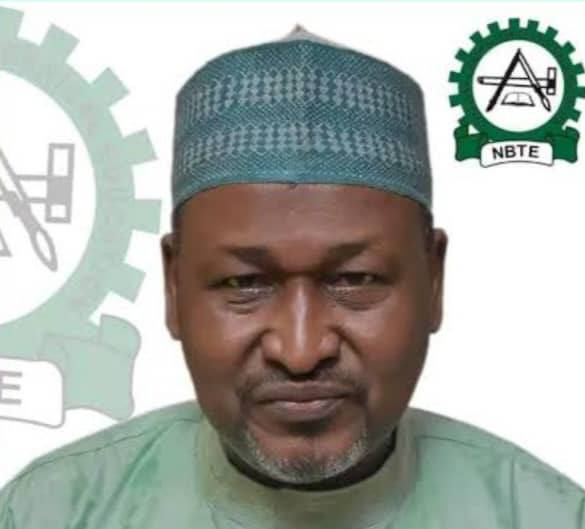The Nigerian Oil and Gas Industry Content Development (NOGICD) Act, 2010 and its astonishing success in resetting oil and gas industry spending and in-country capacity development was the fulcrum of a presentation by the Executive Secretary of the Nigerian Content Development and Monitoring Board (NCDMB), Engr. Felix Omatsola Ogbe, in Windhoek, Namibia, on Wednesday.
Speaking on the theme “Local Content and Sustainable Inclusive Economic Growth” at the 2024 Namibia Oil and Gas Conference, Engr. Ogbe noted that recent discoveries of hydrocarbon deposits have increased the oil and gas reserves of the continent to about 126 billion barrels of oil and about 614 trillion cubic feet of gas.
He pointed out that the adoption of local content policy for the oil and gas industry and or other resources is “one veritable means through which African countries can ensure that the utilization of our resources will translate to energy security, economic development, and industrialization of the continent,” drawing on the Nigerian experience for illustration.
READ ALSO:
‘6-2,’ How Chelsea Humiliated Wolves At Molineux Stadium
The Trials of Bro. Ajaero And Other Stories, By Bolanle Bolawole
Pharmacy Council Shuts 400 Illegal Drug Stores In Cross River
Ex-Anambra Deputy Speaker Slumps, Dies After Exercise
According to him, since the enactment of the NOGICD Act in 2010, Nigeria has recorded significant achievements, which include “the creation of over 30,000 direct jobs, over 15 million training manhours, award of over 90% of contracts to Nigerian-owned businesses, utilization of the expatriate management system to ensure 80% of oil companies’ management positions are held by Nigerians, growth of successful indigenous operators who are now responsible for the production of more than 60% of Nigeria’s domestic gas requirements and over 15% of crude oil production, to mention a few.”
In totality, he noted, “As at the end of 2023, we have reached Nigerian Content level of 54% and we are committed to achieve the set target of 70% by 2027.”
Engr. Ogbe, who was represented by the General Manager, Corporate Communications and Zonal Coordination, Esueme Dan Kikile Esq., shared NCDMB’s experience as a regulator responsible for deepening and driving local content in the Nigerian oil and gas industry, noting that “a successful local content policy must entail the deployment of six (6) key parameters, namely, regulatory framework, gap analysis, capacity building, funding and incentives, research and development, and access to market.
According to him, “a law, or decree depending on the political arrangement in a country, sets the framework and boundaries for all local content practitioners.” In Nigeria, the NOGICD Act of 2010 is the regulatory framework that drives local content policy.
A structured capacity-building intervention, he stated, is also necessary to foster the development of in-country capacities and capabilities, while gap analysis is to ensure that baseline and periodic gap evaluations are carried out to ascertain the human capacity and infrastructure deficits which will then form the basis for developing initiatives, projects, and programmes that will seek to close the identified gaps.
The NCDMB boss emphasised the importance of research and development, which he noted would facilitate the development of innovative solutions to address peculiar challenges that are being experienced in a nation’s oil and gas industry. In addition, local companies require incentives and low-interest, long-term funds to be able to develop their capacities which will, in turn, enable them to compete favourably in the oil and industry.
He equally underscored the necessity for access to market as developed capacities and capabilities need patronage to be sustained. A market, within a country and across international boundaries, is imperative for the potential benefits of enhanced capabilities to be maximised.
A robust local content implementation framework that serves as a blueprint, spelling out how local content policy will be implemented, also has to be in place. Five key components of the framework, as instituted by the NCDMB, are Analysis, Guidelines and Regulations, Implementation, Monitoring and Evaluation, and Feedback Mechanism. Faithful adherence to these elements accounts significantly for the success of local content practice in Nigeria.
The 2024 Namibia Oil and Gas Conference continues today in Windhoek, with captains of industry from across the African continent in attendance. Namibia has estimated crude oil reserves of 11 billion barrels and gas reserves of 2.2 trillion cubic feet.





